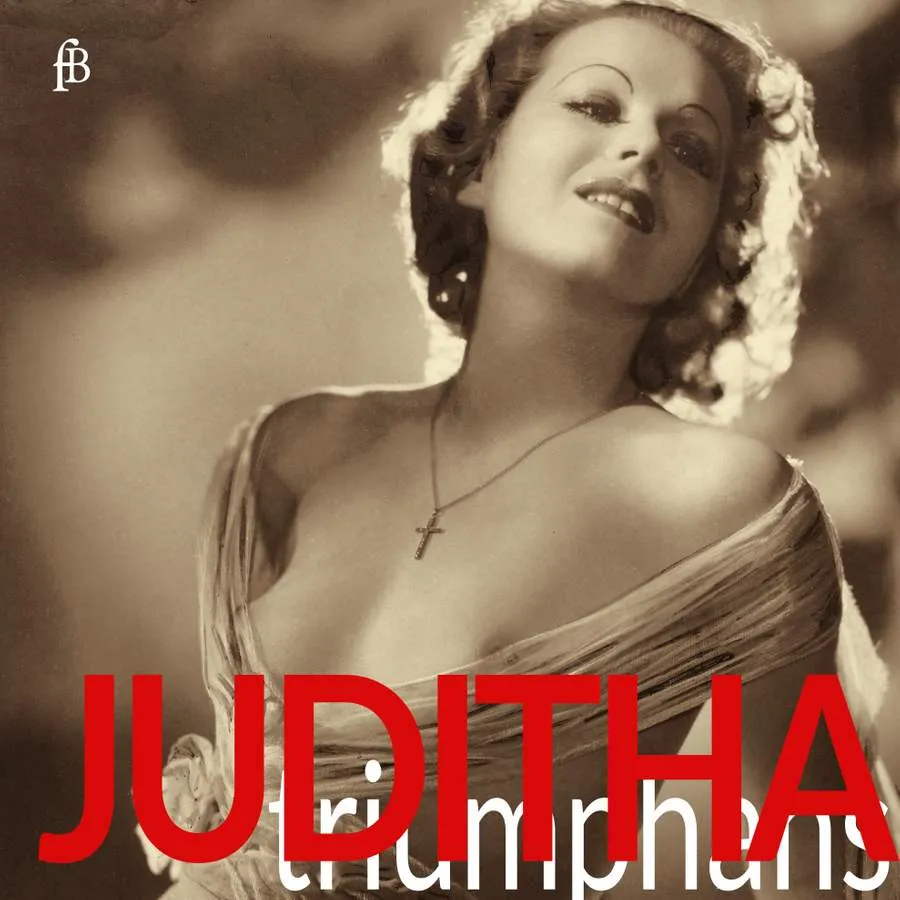
Vivaldi Juditha triumphans Silvia Frigato, Francesca Lombardi Mazzulli (soprano), Luciana Mancini, Elena Biscuola, Marta Fumagalli (mezzo-soprano); Coro Accademia dello Spirito Santo; Ensemble Lorenzo Da Ponte/Roberto Zarpellon Fra Bernardo FB2242327 119:10 mins (2 discs)
The Latin-text oratorio Juditha triumphans, whose story is related in the Apocrypha, is Vivaldi’s only surviving work of its type. He wrote it in 1716 for the musically gifted women of the Ospedale della Pietà, the Venetian Orphanage with which he was associated almost throughout his working life.
Librettist Giacomo Cassetti described his work as a ‘sacred military oratorio performed in times of war...’, the war being that which Venice had entered against the Ottoman Empire, and to which reference is made in the text. Juditha triumphans is not an oratorio of the older type favoured by Carissimi and others; there is, for example no narrator, bringing the piece, in this respect at least, closer to opera. Instead, the drama unfolds by means of recitative and aria, interspersed with five short choruses.
The musical riches of this work, which survives in Vivaldi’s autograph, are enormous and Roberto Zarpellon reveals its inherent dramatic force with vigour and insight to its myriad subtle inflections. Few composers have matched Vivaldi’s kaleidoscopic instrumentation which features recorders, oboes, soprano chalumeaux, mandolin, theorboes, viola d’amore, a consort of viols, clarinets (though trumpets are preferred here), obbligato organ, harpsichord, strings and continuo.
The cast of vocal soloists, five in all, is a mainly strong one, though Elena Biscuola’s Holofernes is undercharacterised. Luciana Mancini’s Judith is splendid, and her aria ‘Veni, veni, me sequere fida’, perhaps the most memorable music in the oratorio, is sensitively sung. Here, Vivaldi colours the textural image of a turtle-dove with a chalumeau, a veritable masterstroke.
A stimulating release, but only the original Latin text is provided in the booklet.
Nicholas Anderson